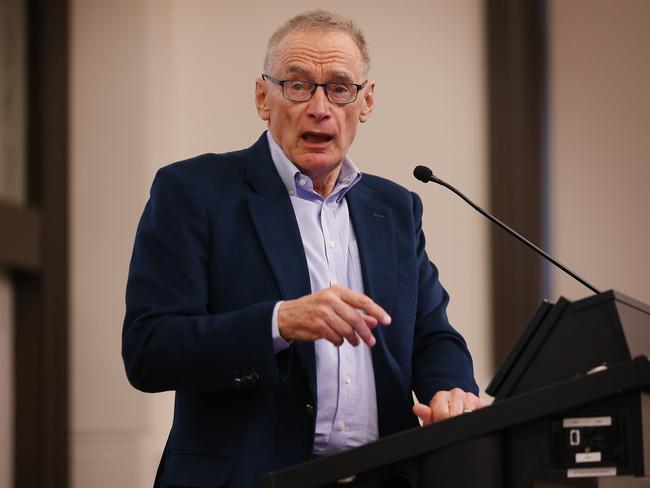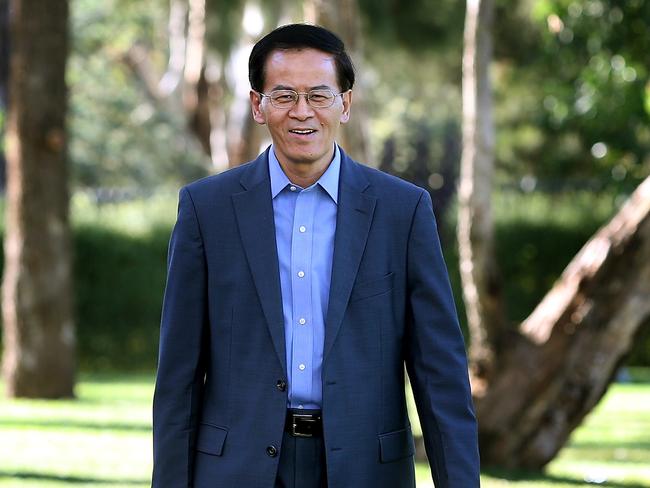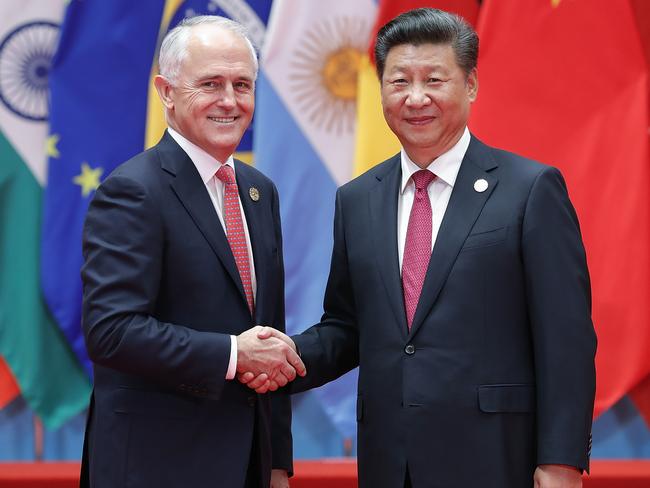China tensions: Australian journalists denied visas
AUSTRALIAN journalists have been refused visas to China amid diplomatic tensions, while the US will follow Canberra’s lead with a landmark crackdown on foreign interference.
National
Don't miss out on the headlines from National. Followed categories will be added to My News.
AUSTRALIAN journalists have been refused visas to China amid an ongoing chill in diplomatic relations between the two countries.
The reports come as the US Congress prepares to follow the Australian Government’s lead in cracking down on Chinese political interference.
Former NSW Premier Bob Carr, now the head of think tank The Australia-China Relations Institute, confirmed this morning “five or six” Australian journalists scheduled to attend his upcoming trip to China had been refused visas.
After speaking to China’s Ambassador to Australia Cheng Jingye on Thursday night, Mr Carr told ABC radio today that the visas were delayed because of “frosty” diplomatic relations between the two countries.

He said their conversation confirmed the delay was more than just slow bureaucratic processes.
“We’ve had no difficulties with tours in the past,” Mr Carr said.
“They’ve been very, very valuable in having Australian journalists over to talk to counterparts in China and Chinese academics and think tankers and government officials
“I’m very disappointed that we weren’t on this occasion, the first occasion, … able to get a visa.”
Mr Carr said relations now were in a more “serious state of deterioration” than they had been in previous times of tension.
He blamed the Turnbull Government for the deterioration, saying rhetoric on China had been “very, very loose” since early 2017.

Meanwhile, the US Congress will today follow Australia’s lead in cracking down on espionage and influence operations by introducing a bill that would require greater transparency and regulation of Chinese-funded enterprises across the US.
The Australian reports the bill will also “enhance co-operation with Australia”, which it says has “faced acute pressure from the Chinese government and Communist Party’s political influence operations”.
“Australia knows all too well the malign consequences of Beijing’s political influence operations,” US congressman Christopher Smith told the publication.
The congressman, who will introduce the bill into the House of Representatives today, said: “The US and Australia, along with other democratic allies, need to stand together against the most coercive and corrupting elements of such operations and against Beijing’s turn toward a hard authoritarianism domestically — as they are most certainly linked.”

Mr Smith also added: “The bipartisan legislation we are offering will bring into the light operations that are too little understood and too often concealed.”
The bill, called Countering the Chinese Government and Communist Party’s Political Influence Operations Act, would require US intelligence agencies to compile an unclassified report on Chinese government political influence operations and present it to President Donald Trump.
It would include recommendations on how to counter Chinese influence.
The bill is reportedly modelled on a 1985 Cold War bill designed to crack down on Soviet and communist foreign influence operations.
The report comes as the Australian Government launches the biggest review of the nation’s spy laws in 40 years.
It also comes after ASIO boss Duncan Lewis warned Parliament the threat of foreign interference was greater now than during the Cold War.


